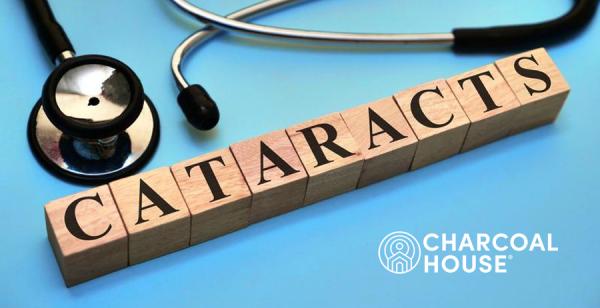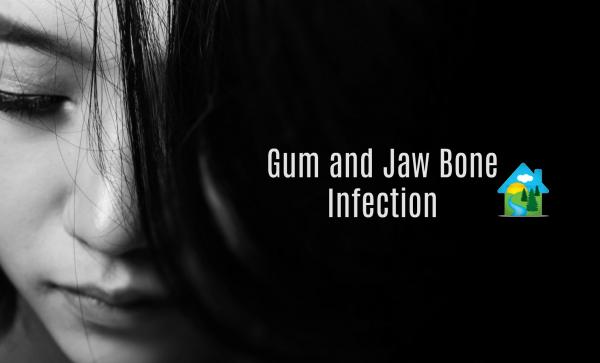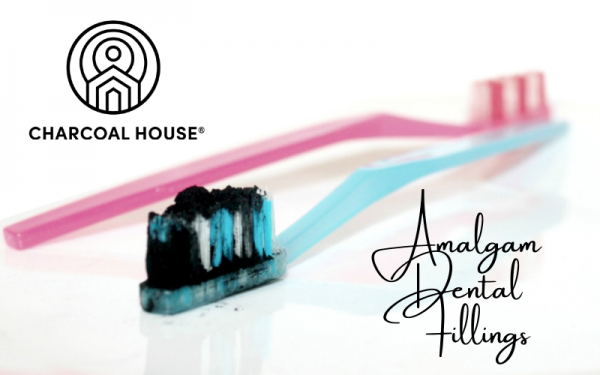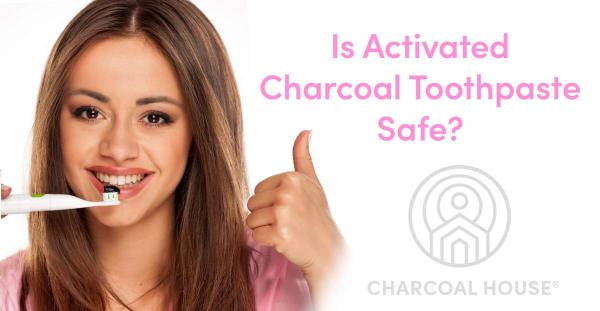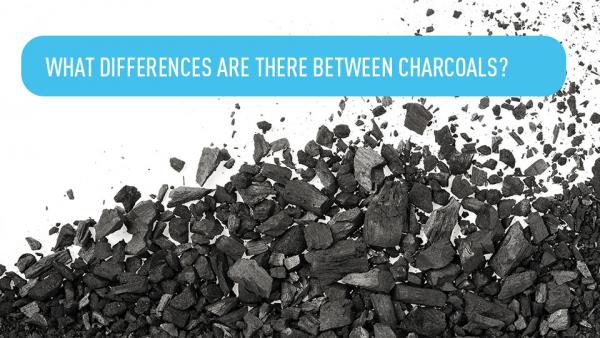Charcoal question answered.
For those of you that are still concerned about whether activated charcoal will adsorb nutrients or minerals from your body, here is a quote from David Cooney PhD (Chemical Engineering, University Wyoming from his book '
Activated Charcoal, Antidote, Remedy, and Health Aid.'
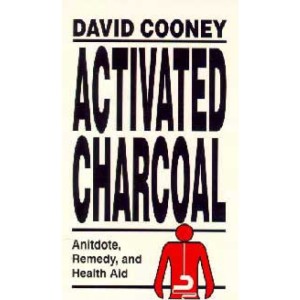
“Charcoal added to the diet of sheep for six months did not cause a loss of nutrients, as compared with sheep not receiving charcoal. … 5 % of the total diet was charcoal. It did not affect the blood or urinary levels of calcium, copper, iron, magnesium, inorganic phosphorus, potassium, sodium, zinc, creatinine, uric acid, urea nitrogen, alkaline phosphatase, total protein or urine pH.”
I would say that 5% of their diet is a bit of charcoal! :)
Check out some of our other blog posts for more information:
Does taking charcoal adsorb Nutrients......etc.
Question:
Howdy....Wanted to get your opinion on this because I didn't see anything on your site.
If the following statement is correct, do you recommend taking a nutritional shake of some sort an hour after taking the Charcoal to replenish what was taken out?
Thank you for any clarity on this subject.
For a long time there has been some difference of opinion as to whether or not charcoal will adsorb necessary nutrients as well as poisons. Dr. Holt states: "It is now very clear that activated charcoal will adsorb not only poisons but also vitamins, digestive enzymes, amino acids, and other valuable nutrients from the gut. Such losses if continued will seriously affect health, but are of no importance in situations of acute poisoning.
Answer:
I will also copy the info below but highly recommend you check out the FAQ page for more info.
(Additionally: If you can send us the studies that prove very clearly that Activated Charcoal will adsorb vitamins & nutrients, we would be very interested to see them, so please share the info.)
Will taking activated charcoal affect the nutritional value of the food I eat?
We cannot say categorically that charcoal does not depreciate the level of nutritive absorption in any way. But, both clinical observation of patients in hospitals and numerous animal studies have demonstrated charcoal poses no threat to nutritional uptake. While science has yet to prove this conclusively, it seems more prudent to say that if there is any adsorption of nutrients, it is so negligible that it has yet to be shown to compromise one’s health. For instance, charcoal has been used for many years as a fecal deodorant for patients with ileostomies and colostomies. In spite of the fact that they may routinely take charcoal orally three times daily for years, it has never been demonstrated to nutritionally effect these individuals who are already at risk of nutritional deficiency. (Patient Care p. 152, October 30, 1977)
In one animal study, Dr. V. V. Frolkis, a famous Russian gerontologist, and his colleagues, demonstrated that the lifespan in older laboratory rats increased up to 34% by feeding them charcoal in their diet! (Experimental Gerontology 1984) Toxins, including free radicals, are believed to play a significant role in aging. But these “loose canons” will form a stable matrix with charcoal in the gut until they are eliminated from the body. Researchers concluded that the binding up of these toxins in the intestinal tract before they are absorbed or reabsorbed into the system may be one mechanism that allowed the rats to live longer and healthier.
More info:
In the book CharcoalRemedies.com, there is an interesting study done years ago by Russian scientists with activated charcoal and old lab rats that shows that the activated charcoal taken orally by these rats increased their life span by 34% longer than the rats that did not receive it, although their lives had been identical all their life and remained identical except for the  supplementation of the activated charcoal powder. It doesn't sound like they were being nutritionally compromised.
supplementation of the activated charcoal powder. It doesn't sound like they were being nutritionally compromised.
There is a lot more info about this but in closing here is another study that I just recently shared on our blog but is always worth repeating that came from the pen of David Cooney PhD (Chemical Engineering, University Wyoming). Dr. Cooney spent much of his chemical engineering career researching and studying activated charcoal, and wrote books on activated charcoal which are considered by many the benchmark of activated charcoal. I personally trust his research.
“Charcoal added to the diet of sheep for six months did not cause a loss of nutrients, as compared with sheep not receiving charcoal. … 5 % of the total diet was charcoal. It did not affect the blood or urinary levels of calcium, copper, iron, magnesium, inorganic phosphorus, potassium, sodium, zinc, creatinine, uric acid, urea nitrogen, alkaline phosphatase, total protein or urine pH.” excerpt from Activated Charcoal, Antidote, Remedy and Health Aid, by David Cooney
Check out Our blog Category: Nutrition
More blog posts you might want to read:
Kind regards, Kimberly
[the-post-grid id="1703" title="Check out these other great posts on Activated Charcoal"]
Activated Charcoal: Vitamins and Minerals.
Question:
Hi,
I bought from your company several months ago 12 oz of activated charcoal powder Detox 1600 USP. And have almost used it all up.
My son recently looked up on google and read some of the bad press on consuming activated charcoal. As you well know, there is a lot.
So I have questions:
- Does activated charcoal adsorb minerals and natural vitamins and if definitely not, please provide proof from third party researchers preferably PHD's.
- I have biotoxin illness rather acutely and am on a very strict diet prescribed by "Jennifer" maintainer of the "Surviving Toxic Mold" website. She recommends ingesting charcoal as a detox to be added to those suffering from biotoxin illness.
Sincerely
Chris in Fl.
Answer:
Hello Chris
I apologize for the long delay in responding. We are over busy.
Your question keeps coming up because of all the “experts” who speak as if they are actually qualified, when in fact they just parrot what they have seen on some other site.
Is there research that definitively shows charcoal does or does not bind essential nutrients in any detrimental way? Not that we are aware of.
If charcoal does in fact adsorb minerals, vitamins, essential nutrients, how is it that charcoal is used in dialysis machines that weekly help to sustain alive millions of people around the world with severe kidney failure?
As you well know, there is a lot.
So I have questions:
- Does activated charcoal adsorb minerals and natural vitamins and if definitely not, please provide proof from third party researchers preferably PHD's.
- I have biotoxin illness rather acutely and am on a very strict diet prescribed by "Jennifer" maintainer of the "Surviving Toxic Mold" website. She recommends ingesting charcoal as a detox to be added to those suffering from biotoxin illness.
Sincerely
Chris in Fl.
Answer:
Hello Chris
I apologize for the long delay in responding. We are over busy.
Your question keeps coming up because of all the “experts” who speak as if they are actually qualified, when in fact they just parrot what they have seen on some other site.
Is there research that definitively shows charcoal does or does not bind essential nutrients in any detrimental way? Not that we are aware of.
If charcoal does in fact adsorb minerals, vitamins, essential nutrients, how is it that charcoal is used in dialysis machines that weekly help to sustain alive millions of people around the world with severe kidney failure? If charcoal adsorbs essential food elements how is it that research shows that giving daily portions of charcoal to OLD laboratory rats can extend their lives by up to 34%
But for starters charcoal has an almost zero attraction for most minerals. Coal-based charcoals do show some attraction for man-made vitamins but only at very high dosages. Unless it is some crooked manufacturer, it is assumed that all charcoal supplements are made from either wood or coconut.
Last big clue is: activated charcoal is used by the nutraceutical companies to “polish” their products from different contaminants. If AC depletes vitamins obviously these companies would NOT be using charcoal.
As I have asked numerous times, if you can find bona fide research that shows plant-based activated charcoals DO significantly deplete vitamins and minerals from the body, please, please send me the link. I need to stay informed.
I hope this is reassuring to you, though the truth seldom changes closed minds.
Sincerely
John Dinsley
Other blog posts on this subject:
If charcoal adsorbs essential food elements how is it that research shows that giving daily portions of charcoal to OLD laboratory rats can extend their lives by up to 34%
But for starters charcoal has an almost zero attraction for most minerals. Coal-based charcoals do show some attraction for man-made vitamins but only at very high dosages. Unless it is some crooked manufacturer, it is assumed that all charcoal supplements are made from either wood or coconut.
Last big clue is: activated charcoal is used by the nutraceutical companies to “polish” their products from different contaminants. If AC depletes vitamins obviously these companies would NOT be using charcoal.
As I have asked numerous times, if you can find bona fide research that shows plant-based activated charcoals DO significantly deplete vitamins and minerals from the body, please, please send me the link. I need to stay informed.
I hope this is reassuring to you, though the truth seldom changes closed minds.
Sincerely
John Dinsley
Other blog posts on this subject:


[the-post-grid id="1703" title="Other blog post you may enjoy reading"]
Follow us on Social Media:




Customer Support
308-665-1566
customersupport@buyactivatedcharcoal.com
info@charcoalremedies.com
| Check out what’s new in the world of activated charcoal. Below you will find great resources to stay on top of the latest benefits of nature’s amazing remedy. |
|
 |
| Read stories of how activated charcoal is working for others. |
 |
| Find all the latest research about activated charcoal here. |
|
 |
| If activated charcoal is in the news you can bet you can find it here. |
 |
| Follow our blog for all the latest information about activated charcoal. |
|



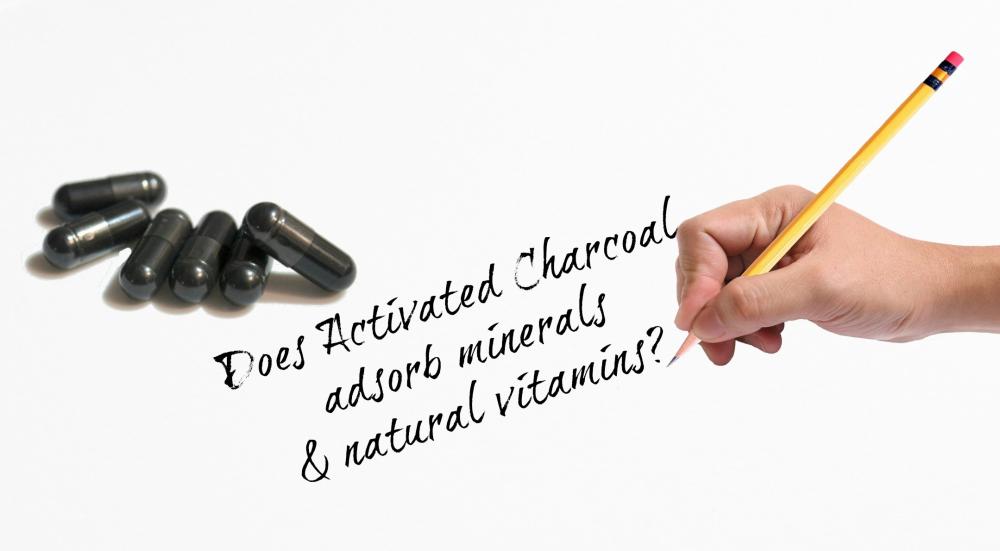

 supplementation of the activated charcoal powder. It doesn't sound like they were being nutritionally compromised.
supplementation of the activated charcoal powder. It doesn't sound like they were being nutritionally compromised.






